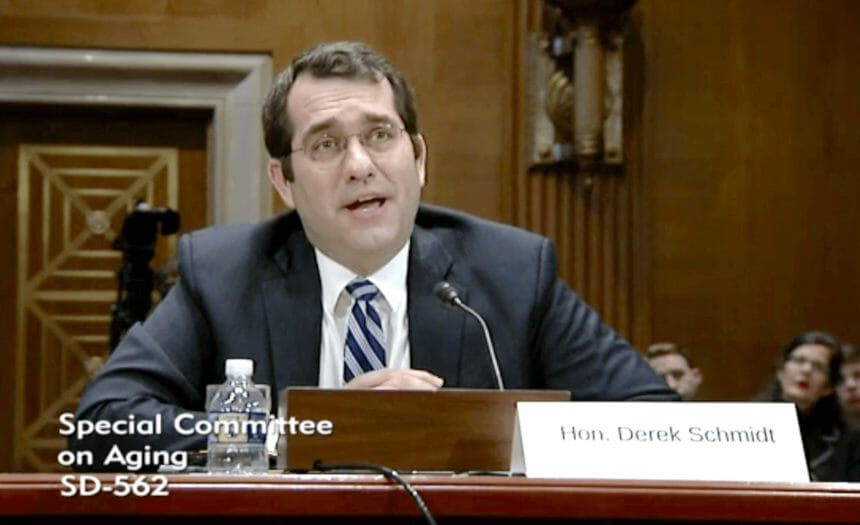
For the fourth consecutive year, in 2018, IRS impersonation scams were the top type of scams reported to the Senate Special Committee on Aging’s fraud hotline, according to the committee, which released its 2019 “Fraud Book” on Wednesday.
Such scams, according to Sen. Susan Collins (R-ME), committee chairman, occur when “a criminal calls unsuspecting victims pretending to work for the IRS and claiming, wrongly, that the victim owes unpaid taxes and demanding payment immediately.”
The total number of people reporting the scam has decreased, however. In 2018, IRS impersonation scams were the subject of 282 calls to the hotline, down from 381 calls in 2017, 1,680 calls in 2016 and 387 calls in 2015, according to the 56-page report, which once again had the formal title “Fighting Fraud: Senate Aging Committee Identifies Top 10 Scams Targeting Our Nation’s Seniors.”
The Senate Aging Committee’s Fraud Hotline received 1,509 complaints from residents all across the country in 2018. The committee accepts calls at (855) 303-9470 and online complaints at https://www.aging.senate.gov/fraud-hotline.
The states with the highest number of calls were Collins’ home state of Maine (489), ranking committee member Sen. Bob Casey’s (D) home state of Pennsylvania (160), Florida (105), California (91), Texas (87), New York (82) and Maryland (79).
The top 10 most commonly reported scams account for more than 65% of the complaints received by the hotline in 2018, according to the report. The top three complaints remained the same as in 2017.
The rankings:
- IRS impersonation scams, the topic of 282 complaints
- Robocalls / Unsolicited phone calls, 149
- Sweepstakes / Jamaican lottery scams, 99
- Computer tech support scams, 82
- Elder financial abuse, 78
- Grandparent scams, 71
- Romance scams, 64
- Social Security impersonation scams, 64
- Impending lawsuit scams, 54
- Identity theft, 45
The Fraud Book describes each type of scam, provides tips on how to avoid them, and also lists the most common types of scams for each state. Additionally, it lists anti-fraud resources. It was released in conjunction with a committee hearing on the topic.
One hearing witness, Kansas Attorney General Derek Schmidt, called for expanding the role of Medicaid Fraud Control Units to detect, investigate and prosecute abuses such as fraud.
“Under current law, MFCUs may work to combat fraud against the Medicaid program itself wherever it may occur but may only combat abuse of Medicaid beneficiaries, including fraud committed against patients, when it occurs in a healthcare facility or board and care facility,” he said.
Casey announced that he and Sen. Jerry Moran (R-KS), chairman of the Senate Committee on Commerce Subcommittee on Manufacturing, Trade, and Consumer Protection, were reintroducing the Stop Senior Scams Act on Wednesday. The bill would create a federal advisory council charged with bringing together government officials, industry representatives, advocates and consumer representatives to collect and develop model educational materials for retailers, financial institutions and wire transfer companies to use in stopping scams on seniors.
“This bill will bring together the best minds from the public and the private sectors to develop solutions to ensure that seniors do not lose one more penny to a scam artist,” Casey said.
Calling the legislation “a commonsense proposal,” the senator said it has the support of the the AARP, Amazon, Best Buy, Consumer Federation of America, Consumers Reports, MoneyGram, National Consumers League, National Retail Federation, Retail Industry Leaders Association, Target, Walmart and Western Union.
The committee welcomed new members Sens. Mike Braun (R-IN), Josh Hawley (R-OH), Jacky Rosen (D-NV), Rick Scott (R-FL), Kyrsten Sinema (D-AZ) and Martha McSally (R-AZ) to the first meeting of the year.



